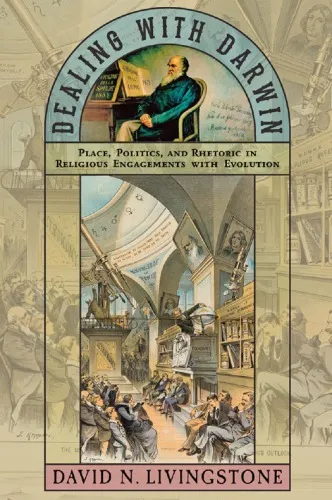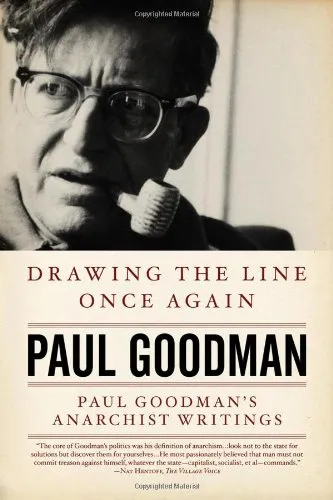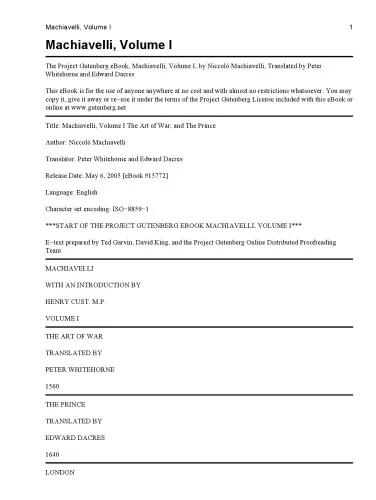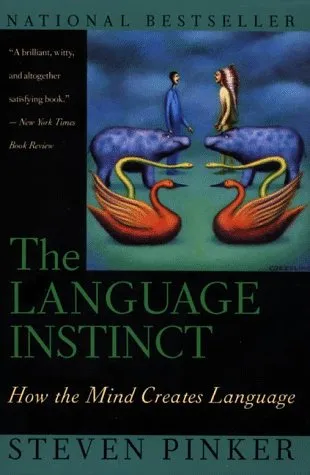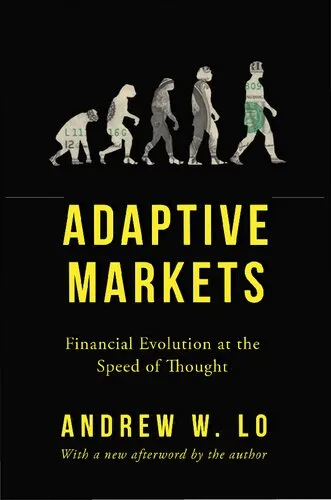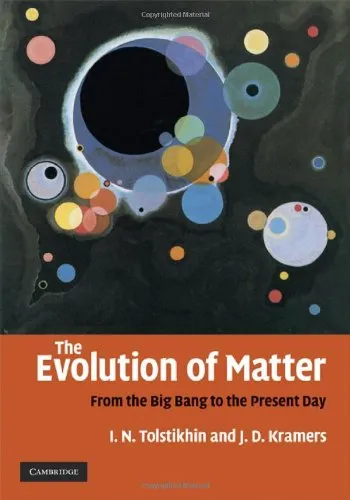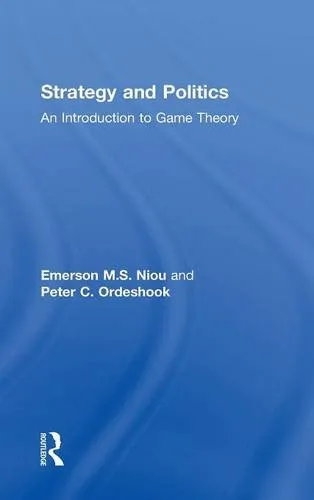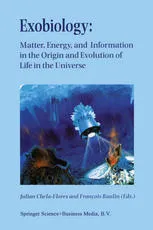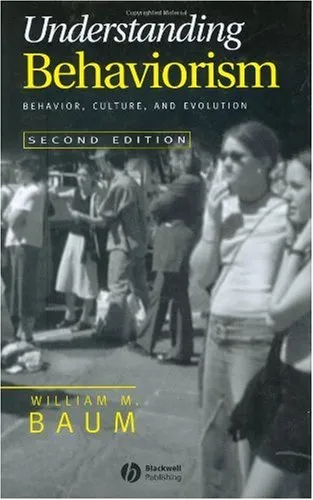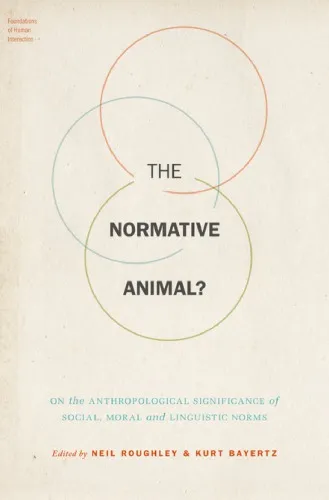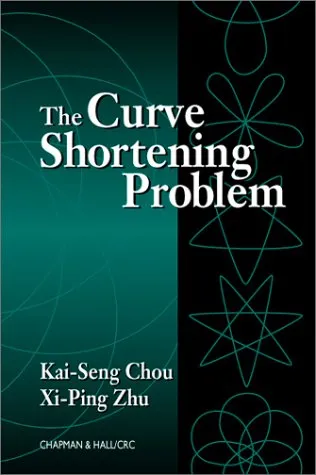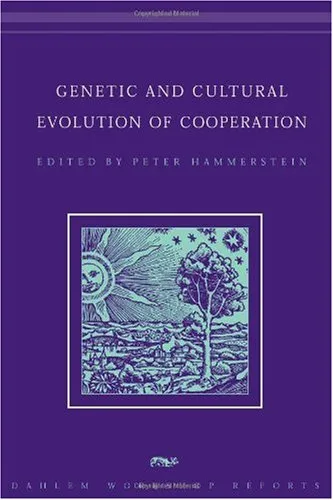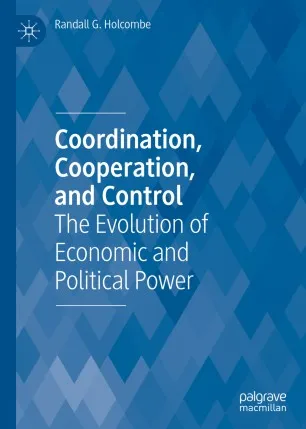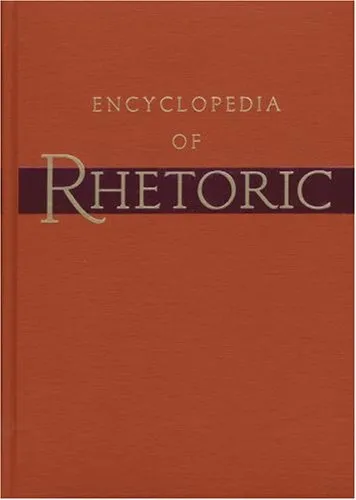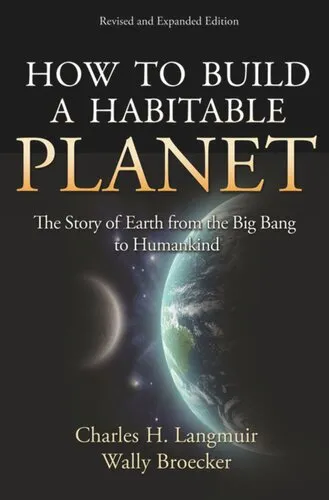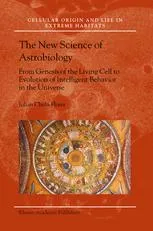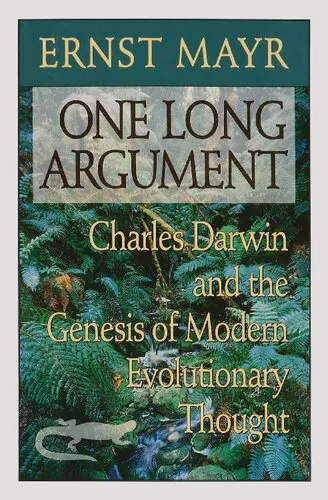Dealing with Darwin : place, politics, and rhetoric in religious engagements with evolution
4.5
Reviews from our users

You Can Ask your questions from this book's AI after Login
Each download or ask from book AI costs 2 points. To earn more free points, please visit the Points Guide Page and complete some valuable actions.Related Refrences:
Introduction to "Dealing with Darwin: Place, Politics, and Rhetoric in Religious Engagements with Evolution"
"Dealing with Darwin" is an incisive exploration of the intricate relationship between evolutionary science and religious thought, masterfully authored by David N. Livingstone. This book delves deep into how the theory of evolution, championed by Charles Darwin, has been received, debated, and reformulated in various global contexts, showcasing how geography, politics, and rhetoric have shaped religious engagements with evolutionary ideas.
What makes "Dealing with Darwin" particularly compelling is its focus on the importance of "place"—both literal and cultural—in influencing how evolutionary science intersects with theology. By investigating diverse responses from distinct regions and communities, Livingstone argues that no single narrative can encapsulate the widespread, heterogeneous dialogues between science and religion over Darwinism. The book transcends a mere historical account and offers critical insights into the nuances of this interaction, emphasizing the sociopolitical contexts that have fostered acceptance, rejection, or reinterpretation of evolutionary principles through the lens of faith.
This scholarly work does not take a reductionist approach to such a complex subject. Instead, "Dealing with Darwin" is a tapestry woven with threads of geography, scientific history, theological inquiry, and cultural studies, making it an essential read for historians, scientists, theologians, and general readers curious about the multi-faceted engagements between Darwinian ideas and religious traditions. Let us explore what lies within its pages.
Detailed Summary of the Book
The book is organized around the premise that local and contextual factors fundamentally shape how different communities respond to Darwin's theory of evolution. Livingstone highlights that the engagements with Darwinism are not monolithic but are deeply informed by geographical, political, and social climates. Whether in Victorian Britain, antebellum America, or various colonial and postcolonial settings, the reception of evolutionary science has differed significantly.
With compelling case studies, Livingstone uncovers how Darwin’s ideas were accepted in some regions and rejected in others, demonstrating the role of cultural ideologies and theological traditions. From the defense of creationism in the United States to quieter reconciliations in Ireland or challenges in Australia, the author vividly illustrates the breadth of religious reactions. His analysis also examines the rhetorical strategies employed by religious figures and scientists, revealing how language and political undertones both unite and divide these camps.
Ultimately, "Dealing with Darwin" underscores the value of understanding the historical contingencies behind these debates, encouraging readers to question simplistic dichotomies between science and religion.
Key Takeaways
- Place plays a pivotal role in shaping how evolution and religion interact. Local context cannot be ignored in these engagements.
- Responses to Darwinism are highly diverse and cannot be reduced to a single "science vs. religion" narrative.
- Religious critiques and adaptations of Darwinism are often deeply informed by sociopolitical and cultural factors.
- Rhetorical strategies, such as using language that invokes authority or familiarity, significantly impact the acceptance and rejection of evolutionary ideas.
- Geographical and historical specificity matters—a "one-size-fits-all" explanation of religious attitudes toward evolution is inadequate.
Famous Quotes from the Book
“The interplay of place and belief reveals powerful dialogues that remind us science and religion are not monolithic adversaries, but mutually constitutive forces contoured by human culture.”
“To reduce religious reactions to Darwinism to mere ignorance or resistance to progress is to misunderstand the profoundly local pivots of faith and reason.”
“The conversation between science and religion, like all meaningful dialogue, is shaped as much by the terrain of the participants as by the content of their words.”
Why This Book Matters
This book matters because it transcends superficial dichotomies and challenges readers to reconsider the science-religion relationship as a nuanced, geographically contingent phenomenon. By highlighting the importance of place, "Dealing with Darwin" makes a lasting contribution to intellectual history, religious studies, and the philosophy of science.
In a time when debates surrounding evolution and faith continue to surface in public discourse, this book provides vital historical context and intellectual tools for a more sophisticated engagement. Rather than viewing religion and science as inherently oppositional, Livingstone urges readers to appreciate the dynamics of their interplay while being mindful of the cultural and political forces that shape such discussions. For anyone seeking to understand these complex relationships, "Dealing with Darwin" offers a perspective that is both integrative and illuminating.
Free Direct Download
You Can Download this book after Login
Accessing books through legal platforms and public libraries not only supports the rights of authors and publishers but also contributes to the sustainability of reading culture. Before downloading, please take a moment to consider these options.
Find this book on other platforms:
WorldCat helps you find books in libraries worldwide.
See ratings, reviews, and discussions on Goodreads.
Find and buy rare or used books on AbeBooks.
1357
بازدید4.5
امتیاز0
نظر98%
رضایتReviews:
4.5
Based on 0 users review
Questions & Answers
Ask questions about this book or help others by answering
No questions yet. Be the first to ask!
